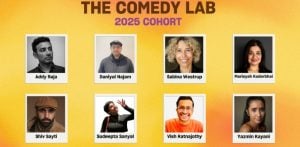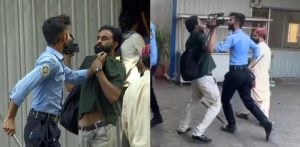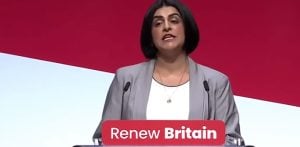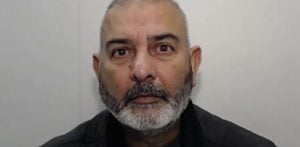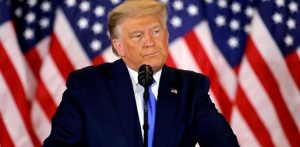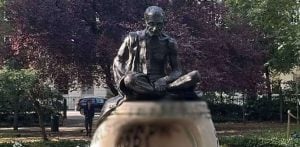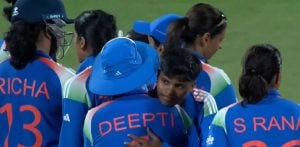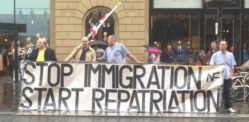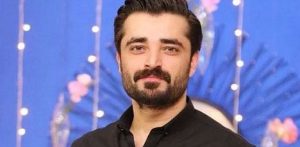"when it’s that game, it’s not about communication."
Prime Minister Narendra Modi has reignited India’s long-standing language debate by mocking Tamil Nadu ministers for writing to him in English.
During a rally in the state, Modi asked:
“These ministers from Tamil Nadu talk about pride in their language but always write letters to me and sign off in English.
“Why don’t they use the Tamil language?
“Where is their Tamil pride?”
The comments sparked fresh anger in the southern state, where Chief Minister MK Stalin accused Modi’s government of trying to impose Hindi through the national education policy.
He said in February: “I warn the [Modi government], do not throw stones at a beehive.
“Don’t aspire to see the unique fighting spirit of the Tamils.”
At the heart of the dispute is the three-language formula, which was first introduced in 1968 and revised in 2020.
Hindi-speaking states were required to teach Hindi, English and a southern Indian language.
Non-Hindi-speaking states had to offer their regional language, Hindi and English.
Tamil Nadu never agreed. Its schools teach only Tamil and English.
Stalin’s government argues that the central government is now using the 2020 policy as a backdoor route to force the third language, Hindi, into schools.
In protest, Tamil Nadu has refused to implement the policy.
In response, Education Minister Dharmendra Pradhan has warned that more than $232 million in federal school funds could be withheld.
Linguists argue this is not about education. It’s about power.
Linguist Peggy Mohan said: “Language is a game of power. And when it’s that game, it’s not about communication.”
The Modi government denies any effort to impose Hindi and says the updated policy allows states flexibility. Home Minister Amit Shah highlighted that Tamil is now allowed in central job exams.
Yet critics say the government heavily promotes Hindi. From policy names like Pradhan Mantri Jan Dhan Yojana to a dedicated Hindi Division that pushes the language globally.
Tamil Nadu has a deep history of rejecting Hindi.
Anti-Hindi protests broke out as early as 1937 and escalated in the 1960s, leading to arrests and even self-immolations.
January 25, 1965, when DMK leader CN Annadurai was arrested, is still marked as a “Day of Mourning.”
Linguist E Annamalai said: “Tamil Nadu developed… into what could be called Tamil nationalism.
“People want to be proud of their language and that helps to mobilise people.”
But that pride may not be enough to preserve it.
Between 1991 and 2011, census data shows Tamil-only speakers dropped from 84.5 to 78%, while English speakers rose.
Annamalai said: “Unless a language is used, it’s not going to live, no matter how much you praise it.”
Analysts say both sides are using language as a political tool. Modi’s critics argue that pushing Hindi helps forge a single national identity, sidelining India’s diversity.
Tamil Nadu, where Modi’s BJP has little electoral traction, is one of the loudest voices against that vision.
For now, the language fight continues, with schoolchildren, teachers and families caught in the crossfire.



